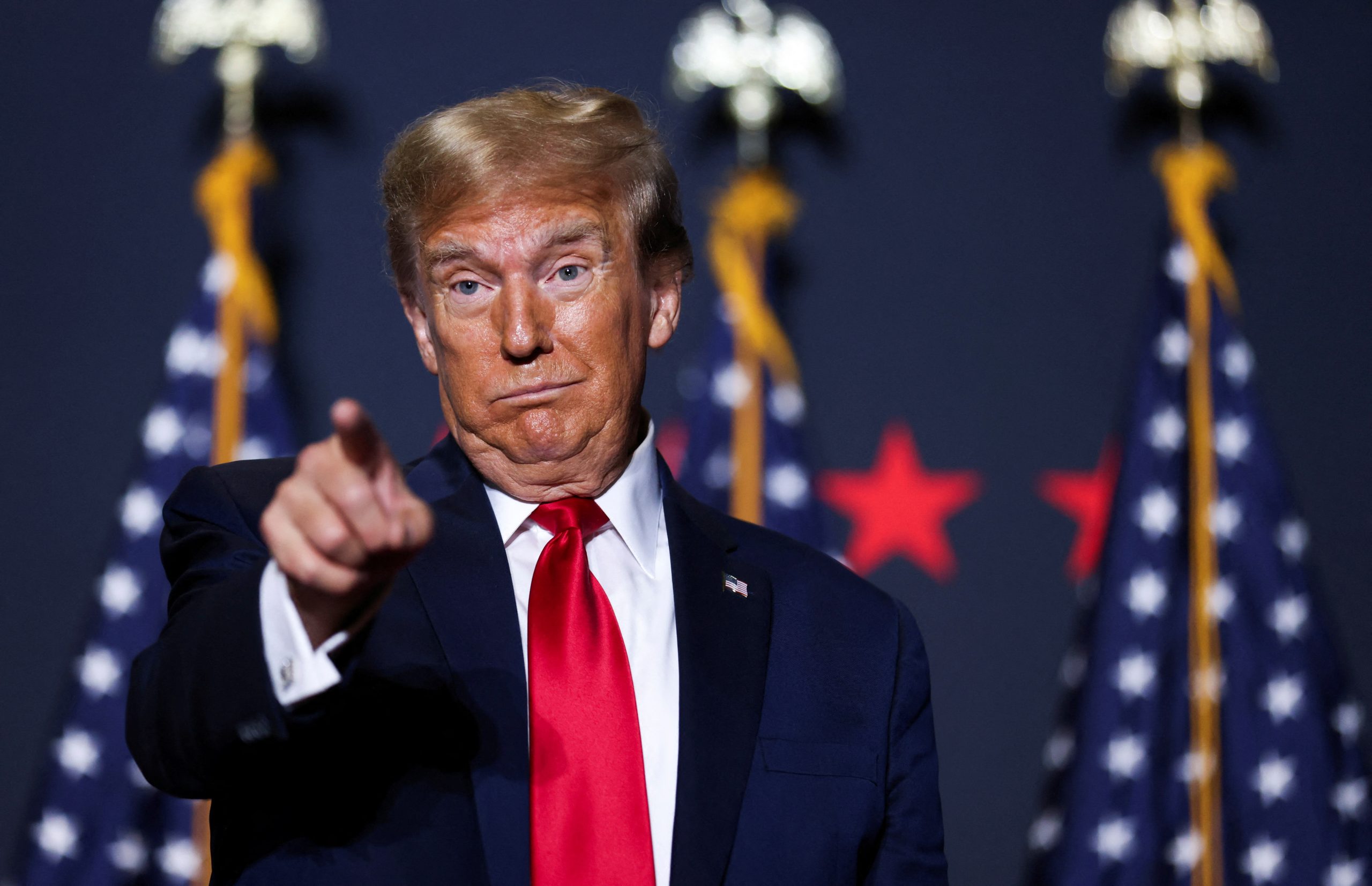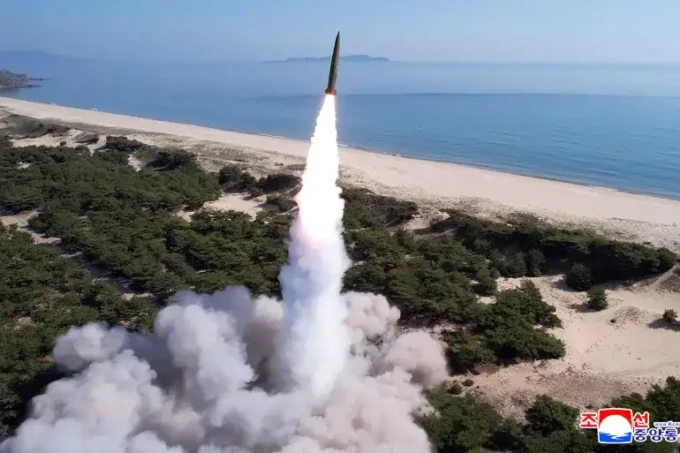US President Donald Trump has appeared to backtrack on his controversial proposal to assume control of war-torn Gaza and relocate its over two million residents to neighboring countries, clarifying that he is merely recommending the idea rather than enforcing it. The Republican president’s initial plan, unveiled earlier this month, sparked widespread shock by suggesting that Washington would take over the territory, rebuild it, and press Egypt and Jordan to absorb displaced Palestinians.
In a Friday interview on Fox News Radio’s “The Brian Kilmeade Show,” Trump acknowledged resistance from Jordanian and Egyptian leaders, who outright rejected the forced displacement of Palestinians, deeming it unjust. “I was a little surprised they’d say that, but they did,” Trump admitted, noting that the United States provides “billions of dollars a year” in aid to both nations. Despite their opposition, Trump maintained that his plan remains the most viable solution. “The way to do it is my plan. I think that’s a plan that really works, but I’m not forcing it,” he said. “I’m just gonna sit back and recommend it.”
The softening of Trump’s rhetoric comes amid heightened diplomatic activity in the region. On the same day as the interview, Arab leaders convened in Riyadh to develop an alternative proposal for Gaza’s post-war reconstruction, aiming to counter Trump’s vision. The original plan had drawn criticism for its potential to exacerbate the humanitarian crisis in Gaza and strain relations with key US allies in the Middle East.
Trump’s shift in tone suggests a recognition of the geopolitical complexities involved, particularly as Egypt and Jordan—both critical partners in maintaining regional stability—stand firm against absorbing Gaza’s population. While he continues to tout the merits of his strategy, his decision to frame it as a recommendation rather than a directive may reflect an attempt to balance his administration’s assertive foreign policy with the realities of international pushback.
As the situation unfolds, the Arab leaders’ meeting in Riyadh signals a concerted effort to assert regional influence over Gaza’s future, potentially setting the stage for a diplomatic tug-of-war. For now, Trump’s softened stance leaves open the question of how—or if—his administration will pursue its vision for Gaza amid growing opposition and competing reconstruction plans.












Leave a comment